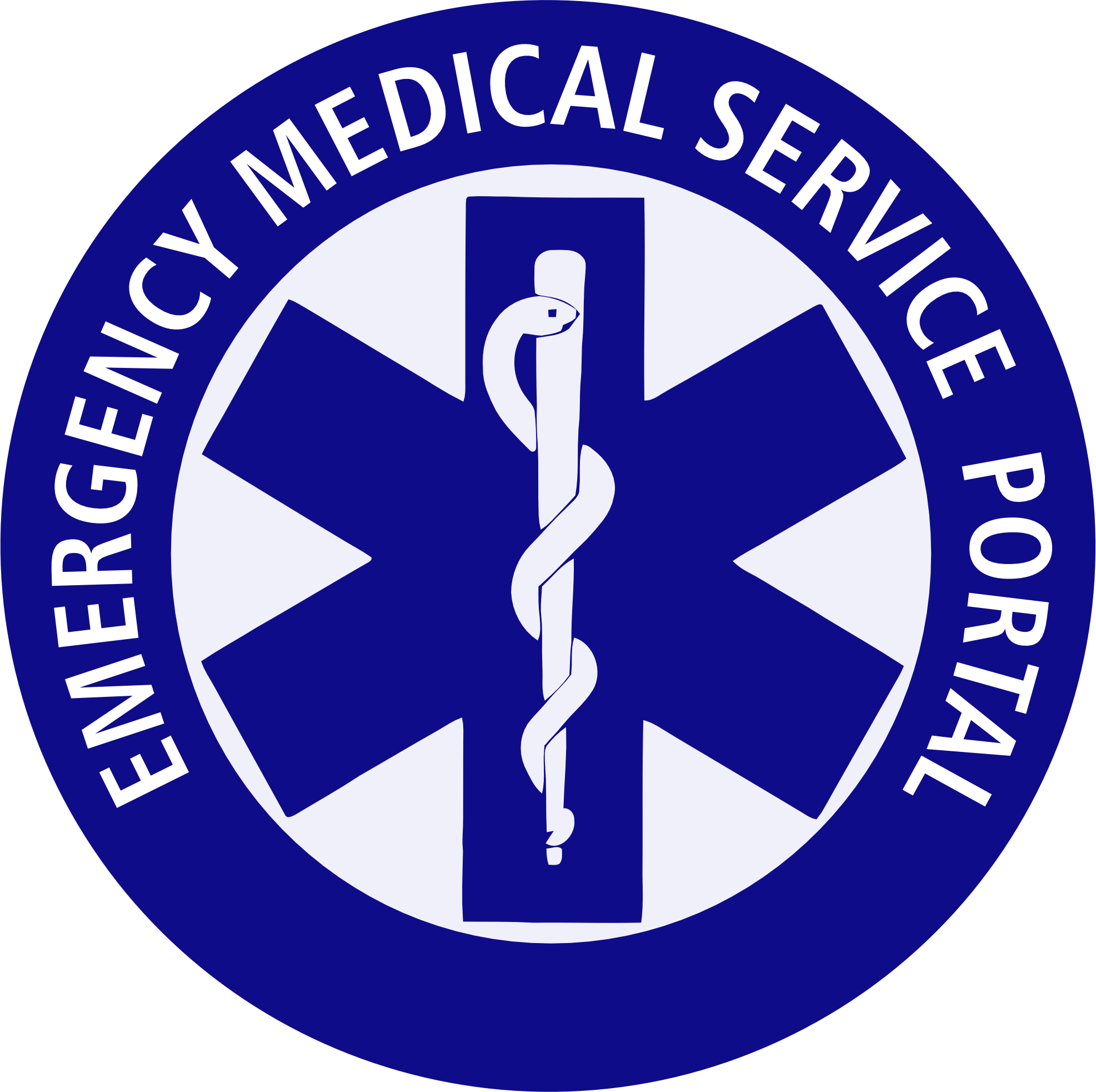An allergy is an overreaction of the immune system to common substances that are otherwise harmless. The body perceives these substances, which we call allergens, as a threat and triggers an immune response. Some of the most common allergens include pollen, dust, dust mites, certain foods, insect bites, animal dander, mold, and medications.
Allergy symptoms can vary depending on the type of allergen and the site of the reaction, but common symptoms include:
- Sneezing, runny nose and itchy nose
- Congested nose and sinuses
- Red, itchy or watery eyes
- Rash, itching or urticaria on the skin
- Coughing, wheezing or shortness of breath
- Swelling of the lips, tongue or face
- Digestive problems, including nausea, vomiting, or diarrhea
In some cases, the allergic reaction can be more severe and result in anaphylactic shock, which is a medical emergency.
Treatment of allergies includes several approaches:
- Avoiding allergens: If possible, avoiding exposure to allergens can reduce symptoms. For example, avoiding pollen at the time of its greatest exposure or avoiding certain foods that cause an allergic reaction.
- Medications: There are various medications that are used to relieve allergy symptoms. These can be antihistamines that reduce symptoms such as itching, sneezing and runny nose. Corticosteroids are also used to reduce inflammation and symptoms. In more severe cases, the doctor may prescribe epinephrine, which is used for emergency treatment of anaphylactic shock.
- Immunotherapy: In some cases, immunotherapy may be recommended to reduce sensitivity to certain allergens. This involves the gradual introduction of small amounts of the allergen to gradually build up tolerance.
It is important to consult a doctor if you suspect you have an allergy. A doctor can perform allergy testing to identify the specific allergen and recommend appropriate treatment.



0 Comments